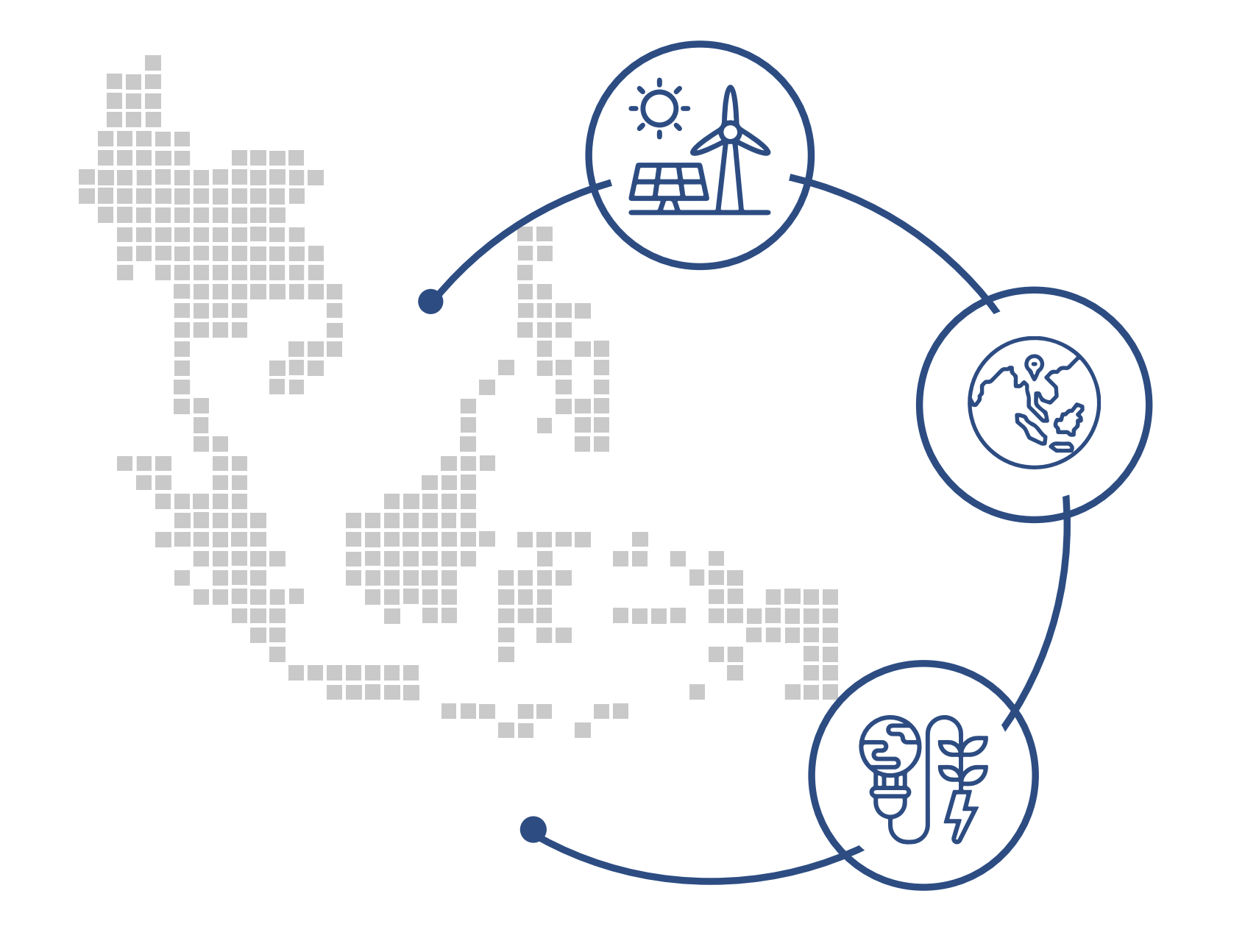By Elsa Pilichowski, Director of Public Governance, and Pascal Saint-Amans, Director of the Centre for Tax Policy and Administration
It has been said that the best preparation for tomorrow is doing your best for today. When the President of the French Republic confirmed France’s participation in the Paris Collaborative on Green Budgeting in December 2017, he could hardly have known that, less than three years later, green budgeting would become a central tool for developing France’s “green recovery” from a global pandemic. At the meeting of the Paris Collaborative on Green Budgeting earlier this month, French Treasury officials showcased to delegates from across the OECD how the government had used this tool to identify environment-compatible spending that helped France meet its goal of dedicating EUR 30 billion of its COVID-19 recovery plan to a green transition.
With the introduction of green budgeting, France can now identify how budget measures affect key environmental objectives. This autumn, the country tabled its first “green budget” alongside the Finance Bill for 2021. This is the world’s first budget to document both the positive and negative impact of measures on key aspects of the environment.
France is not the only country to use green budgeting to support a green response to the COVID-19 pandemic. Preliminary results of an OECD survey show that over half of OECD countries plan to use green budgeting tools to integrate green perspectives in recovery packages. In addition to green budget tagging used by France, countries will carry out environmental and climate impact assessments of individual measures or attach green conditionality to support measures. Some countries, such as Colombia, Denmark, Latvia, Portugal and Spain, plan to go further and propose an assessment of how the recovery package as a whole affects environmental and climate objectives.
In good humour, the Irish Chair of the Paris Collaborative on Green Budgeting recently suggested that France should slow down its green budgeting efforts to let other countries catch up. However, Ireland is making impressive progress of its own. In addition to introducing its own system of green budget tagging, the country has just announced an increase in carbon prices as part of its budget for 2021. Ireland recognises the central role that tax policy can play as part of an overall package of budget measures to support a green recovery from the pandemic.
Robust tax policy tools, in particular carbon pricing, can work ‘hand-in-hand’ with green stimulus to promote clean investment and spending decisions, and support a successful, long-term recovery, according to new OECD findings. Carbon pricing reinforces green stimulus measures and helps align traditional stimulus with climate objectives, even when it is not explicitly targeted towards decarbonisation. Given competing social and economic goals, it is not realistic for all public money to go directly to green projects. France’s green budgeting analysis, for example, showed that a majority of its annual expenditure is “grey”, i.e., neither environmentally harmful nor environmentally positive. Carbon taxes or emission permit trading encourage cleaner investment and consumption choices for all public and private spending, limiting CO2 emissions and local pollution. Households and businesses will embrace low carbon on their own if they know that carbon prices will rise over time, without the need for the government to identify the most promising technologies and spending choices in advance. This reduces the risk of stranded assets and stranded jobs in the future.
Reforming carbon taxes and emissions trading will be necessary to drive a green recovery. At present, 70% of energy-related CO2 emissions from advanced and emerging economies are entirely untaxed and some of the most polluting fuels remain among the least taxed. Emissions trading systems result in significant prices for electricity and industry in some countries, but even combined with taxes, the overall carbon price signals are not in line with decarbonisation targets.
The opportunity exists for tax and spending policies to be implemented in tandem, which could make green recovery measures more acceptable from a political economy perspective. The 2021 Irish budget, presented on 13 October 2020, is a case in point. Not only did the government announce that it would spend EUR 8.5 billion on supporting people and businesses affected by COVID-19, but it will also increase the carbon tax by EUR 7.50 a tonne, from EUR 26 to EUR 33.50, while raising rates for cars taxed on CO2 emissions and extending a registration tax relief for battery-powered electric vehicles. To support the purchasing power of vulnerable groups, the government also increased a means-tested income transfer to support households during winter months. Additional spending measures to ensure a Just Transition include investments in energy efficiency, social protection and pilot environmental programmes in agriculture.
Expenditure policy can prepare the ground for a green tax shift later. For example, spending measures that support energy efficiency programmes or subsidies for R&D that unlock clean technologies can help reduce carbon emissions and make it easier in the longer term to introduce carbon pricing. Tax policy tools, such as carbon pricing, have the capacity to improve environmental outcomes, while also raising government revenues that can be used to manage the trade-offs among environmental, economic and social goals.
Doing your best today to prepare for tomorrow will involve making the most of what both green budgeting and tax policy tools have to offer. The twin challenges of COVID-19 and climate change are so great that neither green budgeting nor tax policy tools alone will be enough for a successful green recovery. By combining them, countries will be able to “build back better” from the COVID-19 crisis and provide long-term certainty to their economies.
France and Ireland are members of the OECD Paris Collaborative on Green Budgeting, alongside Greece, Mexico, the Netherlands, Norway, and Switzerland.
Read further on the OECD Environment Focus Blog.
For more information on how green budgeting and tax policy tools can support a green recovery, see the full OECD briefing.
The OECD Green Recovery webpage highlights this briefing and other OECD work focusing on green recovery.
A brochure on Incorporating Climate Change into Long Term Fiscal Sustainability Analysis is now available online here.






